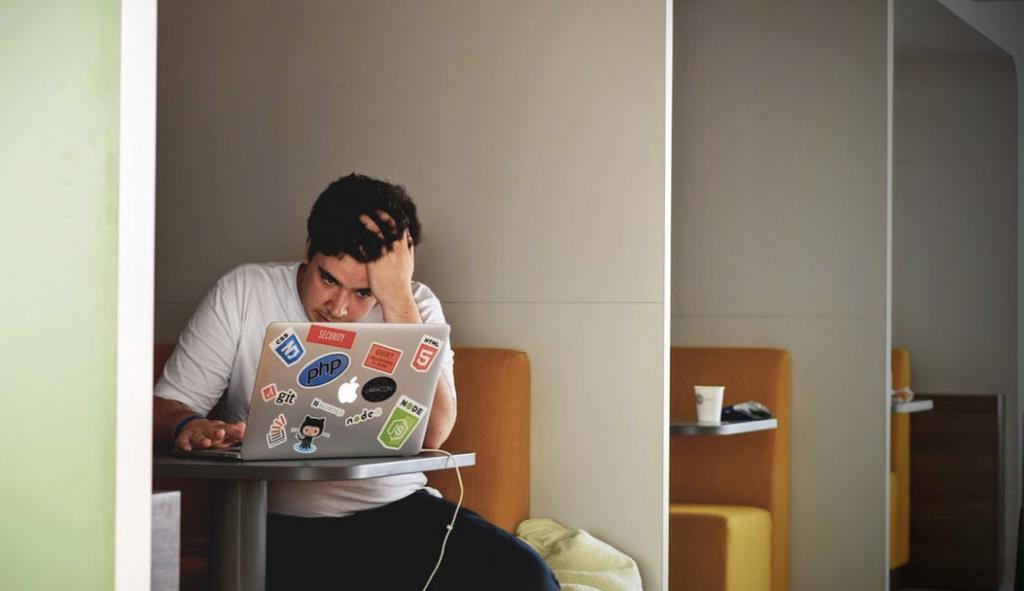INTERVIEW – Marc Blom, psychiatrist and member of the board of directors of the Parnassia Groep (mental health care provider), discusses the subject of burnout. The statistics do not lie, 1 out of 7 Dutch workers experience burnout complaints. He discussed the definition and cause of a burn-out in part 1. In part two he will describe how to prevent a burn-out.
People ignore signals for too long, but why is it important to react rapidly?
“It is important to react rapidly to reduce the impact of the complaints and to prevent a burnout. If you notice that you sleep poorly and you work on that, there is a big chance that your sleep improves. If you notice that your work is starting to resent you, then is it your job to figure out what it is that causes this. Why do you get so tired, how do you get energised and how does your energy level change over the week? Every job has it cons, no job is perfect and that is OK. But there should be a balance! If it only takes energy instead of providing energy, you should figure out whether you could work on that: do you have to vary more, do you have too many to do’s, et cetera. Career planning is gaining more attention, which is a good thing. We work longer and keep the same job for longer. Thinking and planning a career switch should be part of our life.”
How do you cope with this theme as an employer? How do you do it at Parnassia?
“I am afraid that we are just as good or bad as everybody… It is a difficult subject. But a couple of things you can do is: notice frequent absence. When someone is shortly absent, frequently, it is an alarm signal. Also, talk with your employers often and ask how they feel and whether they still like their job. The atmosphere at work should be open, people should feel like they can tell if they are not feeling well. A lot of organisations think of absence as a first signal. I think that at the point of frequent absence you are already too late. Starting a conversation in time with your employers and notice how they are feeling every once in awhile is important. Are they still challenged and does their job energise them? Next to that it is a job for colleagues, they notice it first when things get bad.”
What could, next to monitoring frequent absence, contribute to preventing a burnout?
“Sometimes the employer can change the character of work, but that is not always possible. What you could do is provide the tools to tackle other difficulties. Simple things, such as sleep hygiene, do you prepare for sleep? Do you exercise enough? A lifestyle coach is important. We have to focus on prevention: if we want to be healthy and happy with our job, then we should work for it. Exercise enough, eat healthy, stop smoking and vary your work. Also we should feel like we can influence the content of our job. That we contribute to the organization.”
And what is the role for modern technologies?
“There are tools that can help you signalling a burnout, giving you early insight that you are not doing too well. People often realise it when it is too late. You go on and on, up until you get sick. Afterwards, people admit they saw it coming. Also the people in our environment: ‘The way you worked, it is not weird you got sick.’ You want to prevent that, for example a monitoring app can help you do that. Registrate your mood and get objective feedback. Apps can also help you live a healthier life.”
Sense Health’s NiceDay (where you can monitor sleep-, movement- and eating pattern, note emotions and contact a personal coach) is provided for clients of Parnassia. How could NiceDay help to prevent a burnout?
“Monitoring helps: how many hours do you actually sleep each night, statistics about your sleep and notifications telling you that you did not have enough sleep last week. This means you need to focus on your sleep in the upcoming week. Go to bed early, relax before sleeping, read a boring book, no television and no other screens before sleeping. NiceDay helps you set goals for a healthier lifestyle and monitors it.”
In NiceDay you can connect with a caregiver, how can the combination of technology and a human coach help to reduce complaints and prevent a burn-out?
“A strong point of NiceDay is that it sets personal goals. Together with a coach you can monitor your goals and get a clear insight, which helps you to reach your goals. A change in behavior is only effective when you stick with it. Next to that, is unhealthy behavior mostly habitual behavior, you do not even realize you are doing it. People do not know how poor their sleeping is, or if they know, how that can affect your energy level and mood. We do not know the patterns over the week. You may feel energized at mondays, but it may reduce from wednesday’s onward. Even more important is you see whether you can influence your complaint. A coach can give you insight: monitor for two weeks and look for patterns and things standing out. Together you see more than one. The coaches are like mountain guides: you have to walk yourself, but they have been there before and will help you find the way. To make things clearer for you and plan the next steps.”











